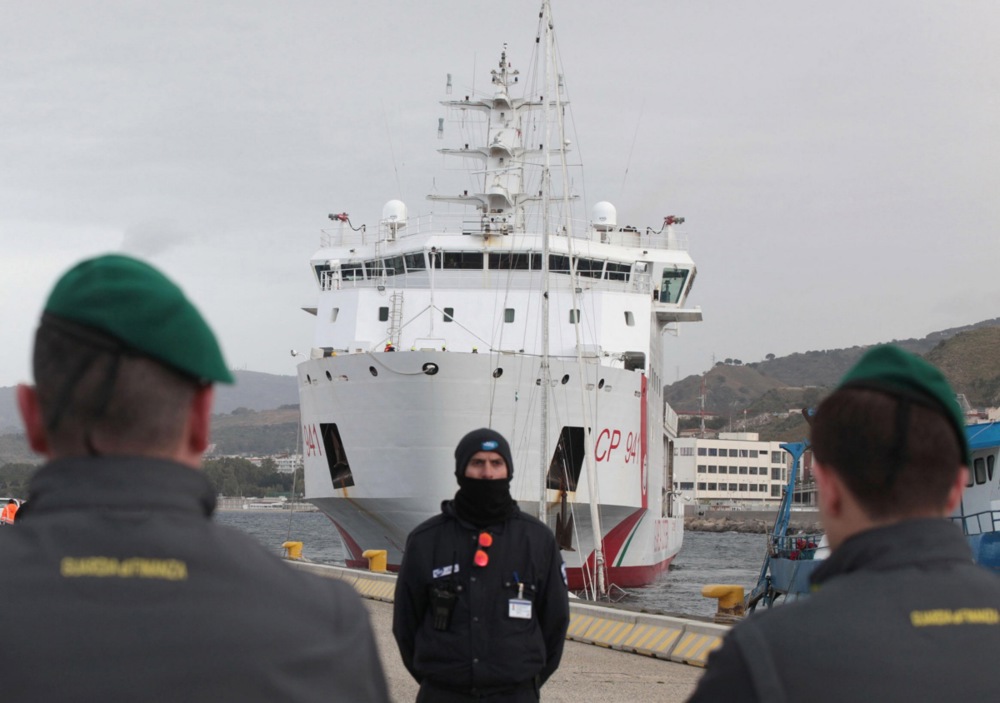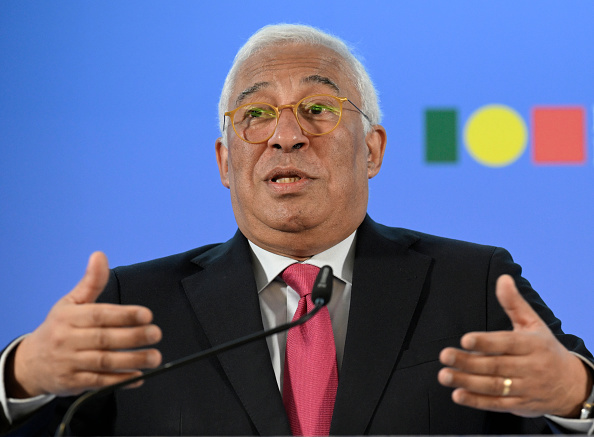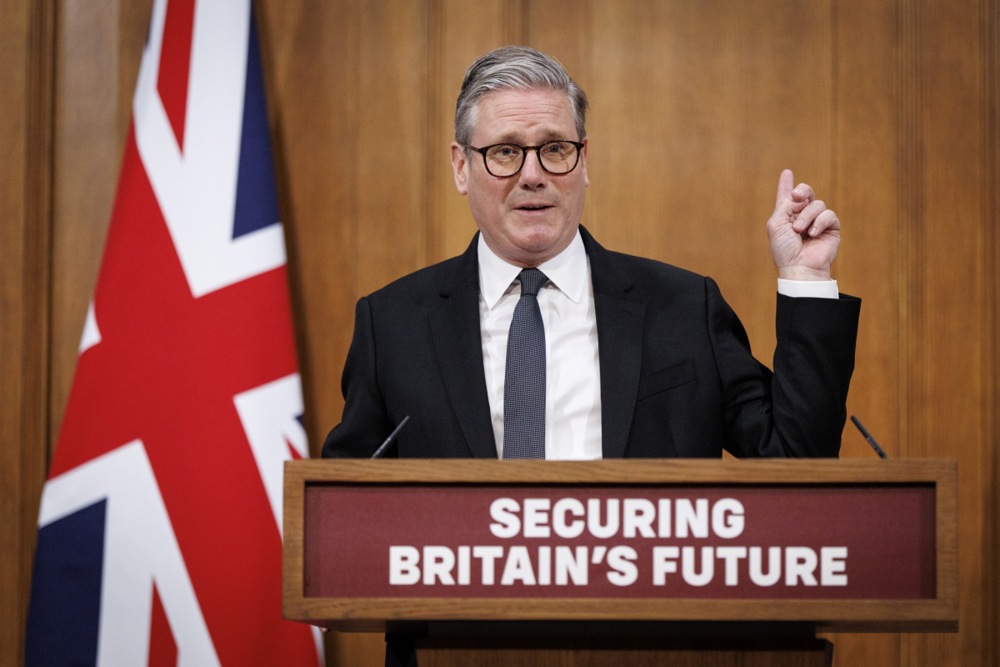Nine EU leaders, including Giorgia Meloni, Donald Tusk, and Mette Frederiksen, have called for more flexibly interpreting the European Convention on Human Rights to allow them to expel criminal migrants.
The European Court of Human Rights has extended the scope of the Convention on Human Rights “too far as compared with the original intentions behind the Convention”, argued the leaders in a May 22 joint letter.
The group, led by Italy’s Meloni and Denmark’s Frederiksen, noted “the Court’s interpretation limited their ability to make political decisions in their own democracies. And thereby affected how we as leaders can protect our democratic societies and our populations.”
Other prime ministers also signing the letter were Poland’s Donald Tusk, Belgium’s Bart De Wever, Czechia’s PM Petr Fiala, Estonia’s PM Kristen Michal, and Latvia’s PM Evika Siliņa, together with Austria’s Federal Chancellor Christian Stocker and Lithuania’s President Gitanas Nausėda.
“The European Court of Human Rights has developed its interpretation of the ECHR”, they said, but also “the world changed fundamentally since many of our ideas were conceived in the ashes of the great wars”.
The Convention had now been interpreted to block the expulsion of criminal foreigners, limit states’ control over deportation, and was protecting the wrong people at the expense of others, the leaders said.
As a result, it no longer got the balance right between protecting the vulnerable—including their countries’ citizens—and shielding criminals.
Nations should have more discretion over expelling criminal foreign nationals—particularly in cases involving serious, violent or drug-related offences, they said.
They also argued they should have greater abilities to monitor foreign criminals who cannot be deported, despite exploiting their countries’ hospitality to commit crimes and undermine public safety.
Finally, they asked for powers to take firm action against hostile states that weaponised their own values, by using migration as a tool of pressure at their borders — such as Turkish President Recep Erdoğan.
“We know that this is a sensitive discussion. Although our aim is to safeguard our democracies, we will likely be accused of the opposite”, the nine European leaders said.
“In all modesty, we believe that we are strongly aligned with the majority of the citizens of Europe in our approach,” they added.
The idea for the letter began the previous week in Albania at the European Political Community Summit.
Italy and Denmark proposed drafting a letter to remove barriers preventing governments from fighting against illegal migration and crime.
“When legal interpretations systematically clash with the sense of justice and the reality on the ground, the support for the rule of law itself risks breaking down,” Belgium’s asylum and migration minister Anneleen Van Bossuyt (N-VA) told news outlet De Morgen.
“That’s why Belgium supports this call. Not to erode human rights, but to restore a balance with responsibilities. We’re not asking for a blank check—we’re asking for the ability to protect what is essential: the safety of our citizens,” she said.
Others disagreed with the nine. Belgian Socialist Party parliamentary leader Pierre-Yves Dermagne said their letter constituted an “unprecedented attack on one of Europe’s highest courts”.
“The European Convention on Human Rights (ECHR) is a beacon, a vital anchor at a time when the far right is undermining the foundations of our democracy. Rather than strengthening our security, this letter weakens the rule of law”, he said.
COMMENT: A cost-benefit analysis of the kind of migration Europe is experiencing at the moment reveals that it is almost all cost, with hardly any benefits, writes @Raphfel. https://t.co/HcyUHgvYbq
— Brussels Signal (@brusselssignal) August 29, 2024





